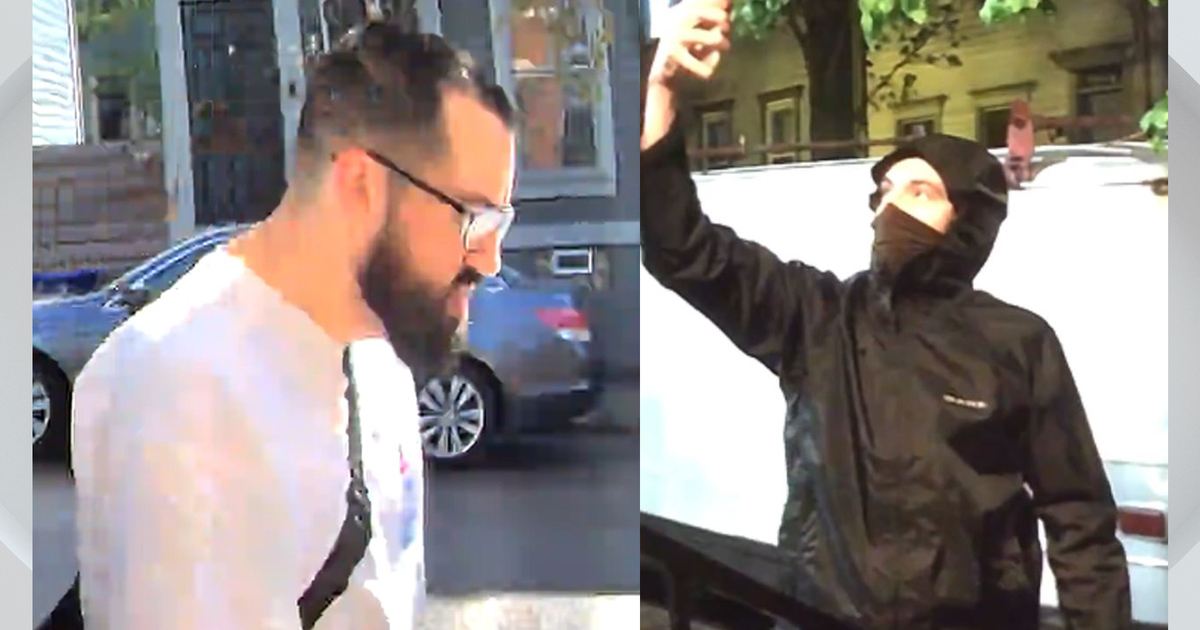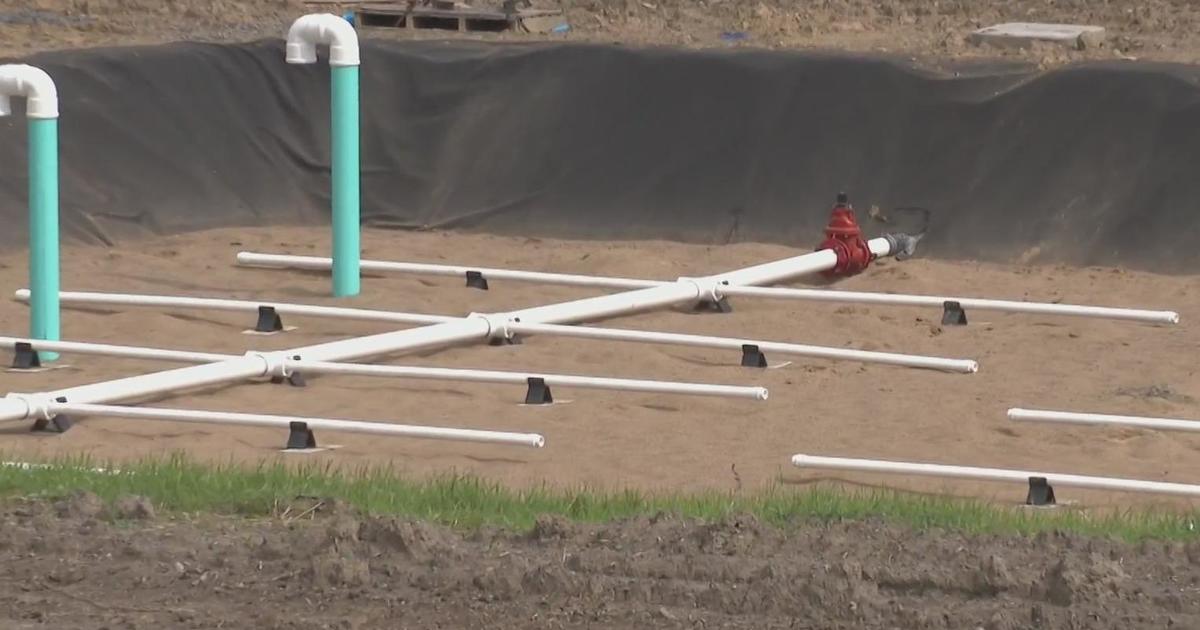63-Year-Old First Pittsburgh Recipient Of New Artificial Heart
PITTSBURGH (KDKA) – A 63-year-old man recently became the first Pittsburgh recipient of the new generation of artificial hearts.
When the patient arrived at the Forbes Regional Emergency Room with a heart attack, doctors were unable to help him in the cath lab.
He was transferred to Allegheny General in heart failure, where on February 17, he became the first man in Pittsburgh to receive the new artificial heart.
There has been a long line of artificial hearts. The people who received the Jarvik artificial heart from the 1980s only lived up to a couple years.
These fell out of favor in the 1990s when left ventricular assist devices – LVADs – came along, which pumped just one side of the heart. The problem was the other side would sometimes fail, too.
"There is a small segment of people who really don't do well with an LVAD alone, and we have learned we needed something better," said Allegheny General Hospital Cardiothoracic Surgeon Dr. Stephen Bailey.
This caused interest to be renewed in these implanted devices that pump both sides, and are used mostly as a way to buy time until patients can get a heart transplant when a donor became available.
To insert the artificial heart, the two large pumping chambers of the heart, the right and left ventricles, are removed, and the artificial heart is put in. The electronics are outside of the body and drive the device with pulses of air and vacuum.
"The system that runs the artificial heart is a tremendously large machine. It's referred to as big blue and it weighs about 400 pounds," Dr. Bailey described. "It does a great job, but it's not easy to put in your SUV and take home."
The doctors at Allegheny General are conducting a clinical trial of a portable system that weighs only 10 pounds and can be carried in a backpack. This would be a vast improvement over being stuck in the hospital tied to a large machine.
This is the goal for their debut patient, who is still in critical condition in intensive care and not walking yet, but interacting with family.
"He'll be in the hospital for a while, and it's our goal for him to go home," said Dr. Bailey.
Hospitals offering this procedure have a six-month training program with guidance from the device company, to make sure the surgical and medical teams are well prepared.
Patients do need to be on blood thinners afterwards. Possible complications include stroke, bleeding and infection.
While fewer than 10 people a year might be candidates for such an operation, it represents a step forward.
"These are people we were never able to help before," said Allegheny General Hospital Cardiologist Dr. Raymond Benza. "This opens up a brand new door for these people."
RELATED LINKS
More Local News
More Health News



